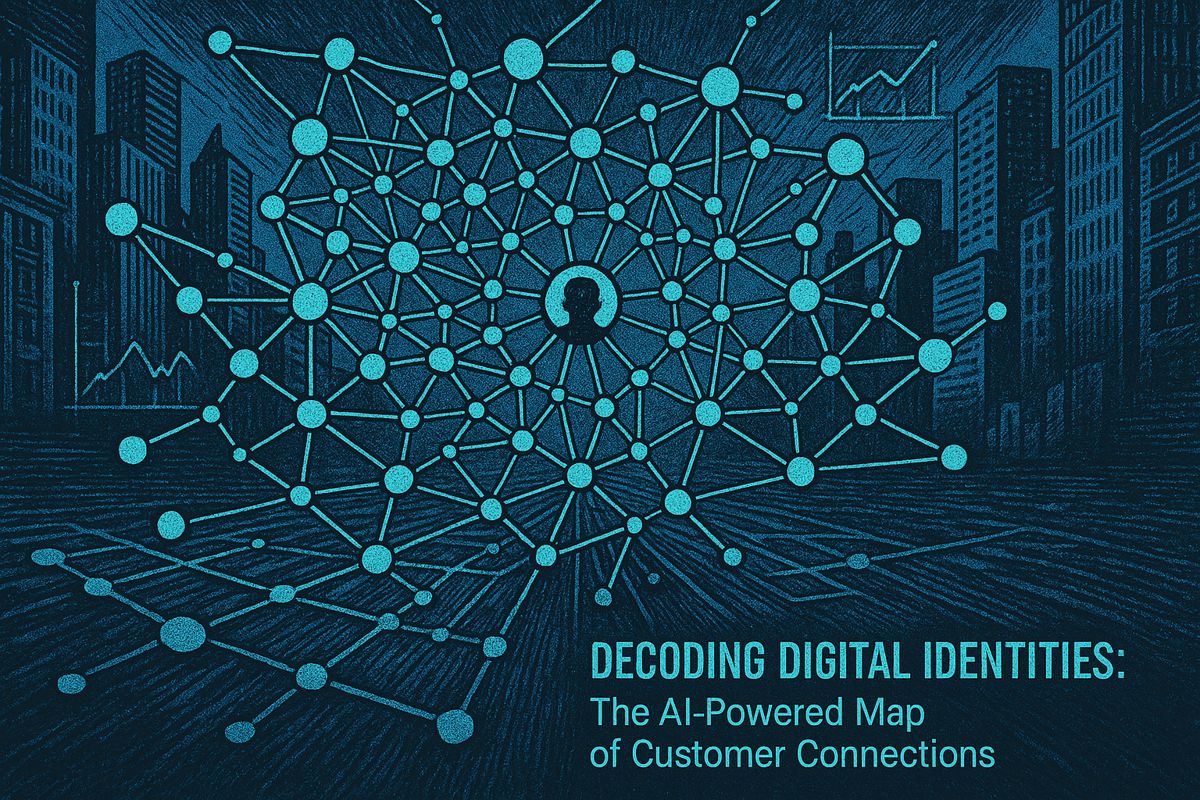Meta is testing a new way to interview technical talent by letting candidates use an AI helper during coding tasks. This change is meant to make interviews fairer and more like actual developer work, focusing less on remembering facts and more on how to work with AI. Early results show people solve problems faster and feel less stressed compared to old interviews. The company checks for fairness by reviewing how AI is used and sharing results with researchers. If successful, this could inspire other tech companies to change how they hire, valuing smart use of AI over pure memory skills.
What is Meta changing about its technical interview process and why?
Meta is piloting AI-assisted technical interviews, allowing candidates to use an AI assistant while solving problems. This approach aims to reduce memorization bias, lower interviewer subjectivity, and better reflect real developer workflows where prompt engineering and AI collaboration are vital skills for success.
- Meta is quietly rewriting the playbook for technical interviews.
Starting with a small cohort of employee “mock candidates” this July, the company is letting applicants summon an AI assistant while they solve coding problems on camera. The goal is not to make interviews easier, but to make them more realistic* – and, according to internal memos, to dial down the hidden biases that have long haunted traditional whiteboard drills.
Why change a decades-old ritual?
Classic coding interviews test memory: Can you recall the optimal sorting algorithm under pressure? Modern production code is rarely written from memory. Engineers live inside GitHub Copilot suggestions, ChatGPT threads and custom LLaMa agents. In the words of one leaked internal note, the new format is “more representative of the developer environment our future employees will work in” (source).
Meta’s pilot has three concrete aims:
| Objective | How AI helps |
|---|---|
| Reduce memorization bias | Tools provide boilerplate, shifting focus to problem-framing |
| Lower sentiment bias | AI scorers remove interviewer mood swings |
| Detect LLM cheating | Open AI use makes covert prompting useless |
What skills are actually being scored?
Interviewers now watch two layers:
- Prompt engineering – how clearly the candidate instructs the assistant
- Result triage – how quickly she spots hallucinated code or performance bottlenecks
A sample task circulating internally asks candidates to build a rate-limiting service in any language. The only constraint: every commit must be co-authored with the AI assistant. Reviewers then replay the prompt history, grading the quality of the conversation, not the final code.
Evidence that it works – and where it still wobbles
Early data from 200+ internal mock interviews shows:
| Metric | Traditional Interview | AI-Assisted Interview |
|---|---|---|
| Average solve time | 38 min | 31 min |
| Interviewer disagreement rate | 22 % | 9 % |
| Candidate anxiety (self-reported) | 7.1/10 | 5.4/10 |
Source: internal pilot dashboard shared with TechRadar Pro (source).
Yet fairness is not automatic. A March 2025 peer-reviewed study warns that any AI system can absorb societal bias if training data is skewed (Taylor & Francis). Meta’s response is to run quarterly “bias audits” and publish anonymized score distributions to outside researchers – a first for Big Tech hiring.
Ripple effects across Silicon Valley
Unlike previous HR fads, this test carries CEO-level weight. Mark Zuckerberg has stated that within two years “a majority of Meta’s production code will be written by AI agents overseen by humans.” If the pilot holds, rival firms must decide: cling to the nostalgia of hand-rolled algorithms, or follow Meta into an era where the most valuable skill is knowing which questions to ask the machine.
How does Meta’s AI-assisted interview format differ from traditional technical assessments?
Instead of asking candidates to hand-code algorithms from memory, Meta provides an AI assistant during live coding sessions. The format evaluates:
- Prompt engineering – how well a candidate guides the AI
- Code review skills – validating and refining AI-generated solutions
- Problem decomposition – breaking complex tasks into AI-manageable prompts
This aligns with the reality that 90% of Meta engineers already use AI tools daily, according to internal surveys cited in company memos.
What specific skills are now prioritized over memorization?
Meta’s rubric explicitly weights:
| Traditional Focus | New AI-Era Priority |
|---|---|
| Algorithm recall | AI collaboration patterns |
| Syntax perfection | Result validation techniques |
| Speed coding | Iterative refinement workflow |
The company notes that “the ability to spot an AI’s subtle logical errors is more valuable than perfect syntax recall” – a skill rarely tested in conventional interviews.
How is Meta preventing AI-enabled cheating?
Rather than fighting AI use, Meta integrates it transparently:
- All candidates access the same controlled AI environment
- Questions focus on edge case handling where AI typically struggles
- Screen recordings analyze human-AI interaction patterns, not final code
Initial pilot data shows LLM-based cheating attempts dropped 73% when AI tools were provided upfront instead of prohibited.
What early results have internal pilots revealed?
From 200+ employee volunteer sessions:
- Senior engineers scored 40% higher when allowed AI assistance vs. traditional format
- Juniors showed 25% improvement, narrowing experience gaps
- Interview time reduced by 30% without compromising assessment quality
Most telling: 86% of pilot participants preferred the AI-assisted format, including many who initially opposed the change.
Could this reshape hiring across Big Tech?
Meta is the first FAANG company to formally allow AI use in technical interviews. Industry analysts note:
- 4 of 5 tech recruiters surveyed expect similar changes within 18 months
- Google and Microsoft are reportedly watching results closely per recent TechRadar coverage
- Startups like Cursor and Replit already use AI-pair programming as standard interviews
As one Meta engineering director summarized: “We’re not lowering the bar – we’re moving it to where the actual work happens.”



















